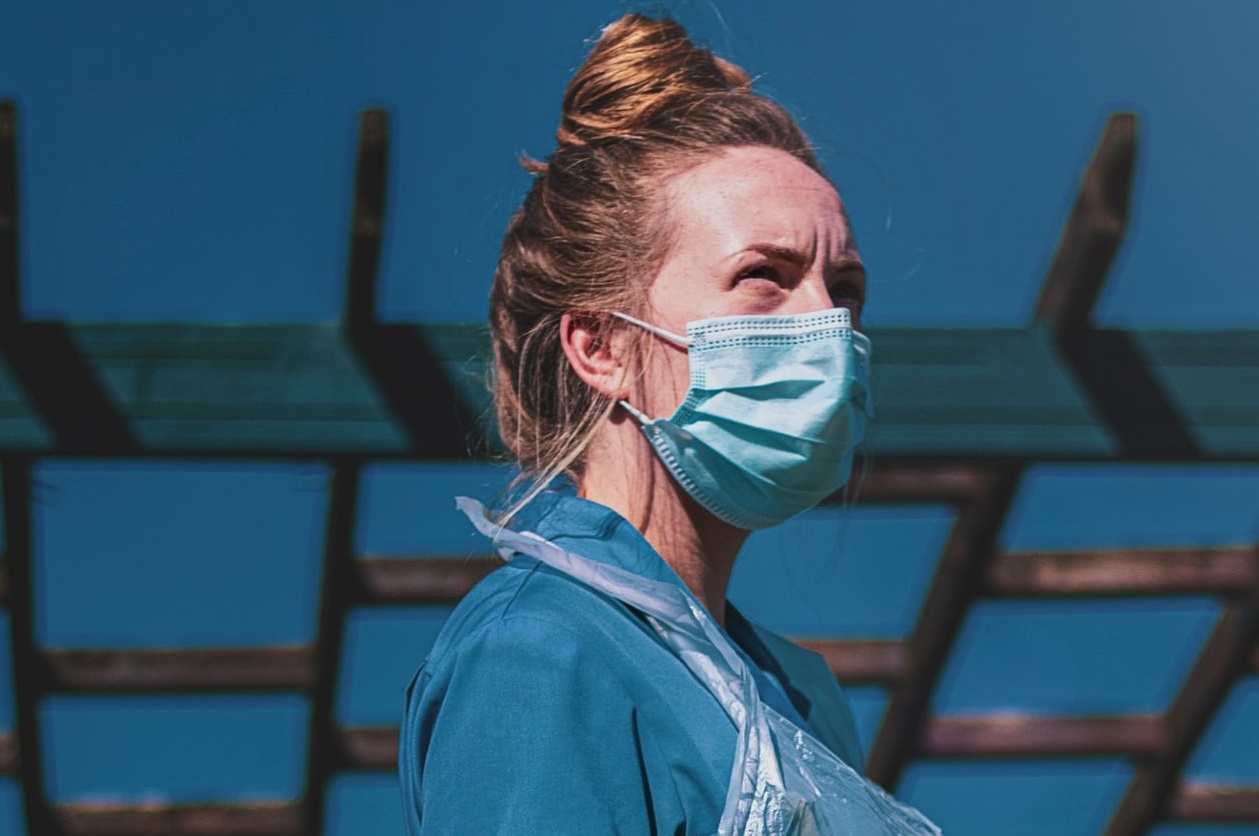PGDip Specialist Community Public Health Nursing

Course details
Year of entry
2024
Duration
1 YR (FT)
Institution Code
G53
Location
Wrexham
Course Highlights
Register
with the Nursing and Midwifery Council (NMC) after successful completion of course.
Study
is made up of theory and practice-based learning.
Funded
by the Welsh Government.
Why choose? this course?
This programme of study is made up of theory and practice based learning, and is grounded in public health practice. This allows registered nurses and midwives to enhance their professional skills to a specialist level in one of the two routes offered.
Successful completion of the course enables you to register on Part III of the Nursing and Midwifery Council (NMC) register ad practice as a specialist community public health nurse. The course also includes the Community Nurse Prescribing (V100) programme (integrated in the Specialist Practice modules), which you will be able to record with the NMC.
This 52 week full-time programme comprises 22.5 weeks of theoretical study and 22.5 weeks of learning in a practice setting, under the supervision of a practice teacher and specialist mentor. The full-time route comprises of two days of attendance at Wrexham University, two days in practice and one study day per week during term time.
The course is funded by the Welsh Government, and entry onto the programme is through joint application and interview by the sponsoring NHS Trust and Wrexham University.
Key course features
- Successful completion of the programme enables you to register on Part III of the NMC register and practice as a Specialist Community Public Health Nurse.
- The course includes the Community Nurse Prescribing (V100) programme (integrated in the Specialist Practice modules), which you will be able to record with the NMC.
- The degree prepares you for practice through learning and assessment in the practice context.
- Students who follow the postgraduate routes may have the opportunity to return to complete a masters degree on a part-time basis if they leave with a postgraduate certificate. Also, if they complete a dissertation on a part-time basis they will also achieve the masters degree. This will develop your skills of evaluation, originality in thinking and research, so if you decide to study through to masters level you would also be able to go on to undertake doctoral level study.
- The modular route allows part-time students to complete modules with full-time students as and when they can join the programme.
What you will study
MODULES
- Family Approaches to Health for Health Visitors and School Nurses
- V100 Prescribing
- Individual Approaches to Health for Health Visitors and School Nurses (including associated practice period)
- Population Approaches to Specialist Community Public Health Nursing
- Leadership in Health Care Practice
- Process of Enquiry at Level 6/Research Methods at Level 7
The information listed in this section is an overview of the academic content of the programme that will take the form of either core or option modules. Modules are designated as core or option in accordance with professional body requirements and internal academic framework review, so may be subject to change.
Entry requirements & applying
Those wishing to access this programme must hold current registration as a nurse or midwife, hold a diploma or degree in Nursing or Midwifery or in a cognate discipline. There is also a requirement to have access to a vehicle when in placement.
Before you are offered a place on this course you will be required to complete a Disclosure and Barring Service (DBS) clearance (previously known as CRB), and pay the appropriate fee, so that a check can be made on your suitability for working with children and vulnerable adults.
If you wish to apply, please contact Admissions to request the application forms postregadmissions@glyndwr.ac.uk
Teaching & Assessment
Assessment is via written assignments, reflections, short exams, presentations and a portfolio which assesses competence in practice.
Teaching & Learning
Wrexham University is committed to supporting our students to maximise their academic potential. We offer workshops and support sessions in areas such as academic writing, effective note-making and preparing for assignments. Students can book appointments with academic skills tutors dedicated to helping deal with the practicalities of university work. Our student support section has more information on the help available.
Career prospects
Our Careers & Employability service is there to help you make decisions and plan the next steps towards a bright future. From finding work or further study to working out your interests, skills and aspirations, they can provide you with the expert information, advice and guidance you need.
Health Visiting is a diverse, satisfying and challenging role that involves bonding with families over time. It suits nurses and midwives with an interest in health promotion, public health and working in the community.
Health Visitors are best placed to help families and young children. In fact, a growing body of evidence underlines the importance of the role in the first few years of a person's life, and in recognition of these facts the Welsh Government have currently increased the recruitment numbers for Health Visitor training. The English Government have also increased recruitment of health visitors, and therefore employment prospects with the NHS are very positive.
School nurses provide a variety of services, such as health and sex education within schools, carrying out developmental screening, undertaking health interviews and administering immunisation programmes. School nurses can be employed by the local health authority, community NHS providers or by a school directly.
It may also be beneficial for individuals looking to pursue public health nursing as either a health visitor or school nurse, to try and spend some time shadowing a current health visitor or school nurse in order to find out more about what the role entails.
Fees & funding
You do not have to pay your tuition fees upfront.
The fees you pay and the support available will depend on a number of different factors. Full information can be found on our fees & finance pages. You will also find information about what your fees include in the fee FAQs.
All fees are subject to any changes in government policy, view our postgraduate fees.
Programme specification
You can see the full programme specification here.



